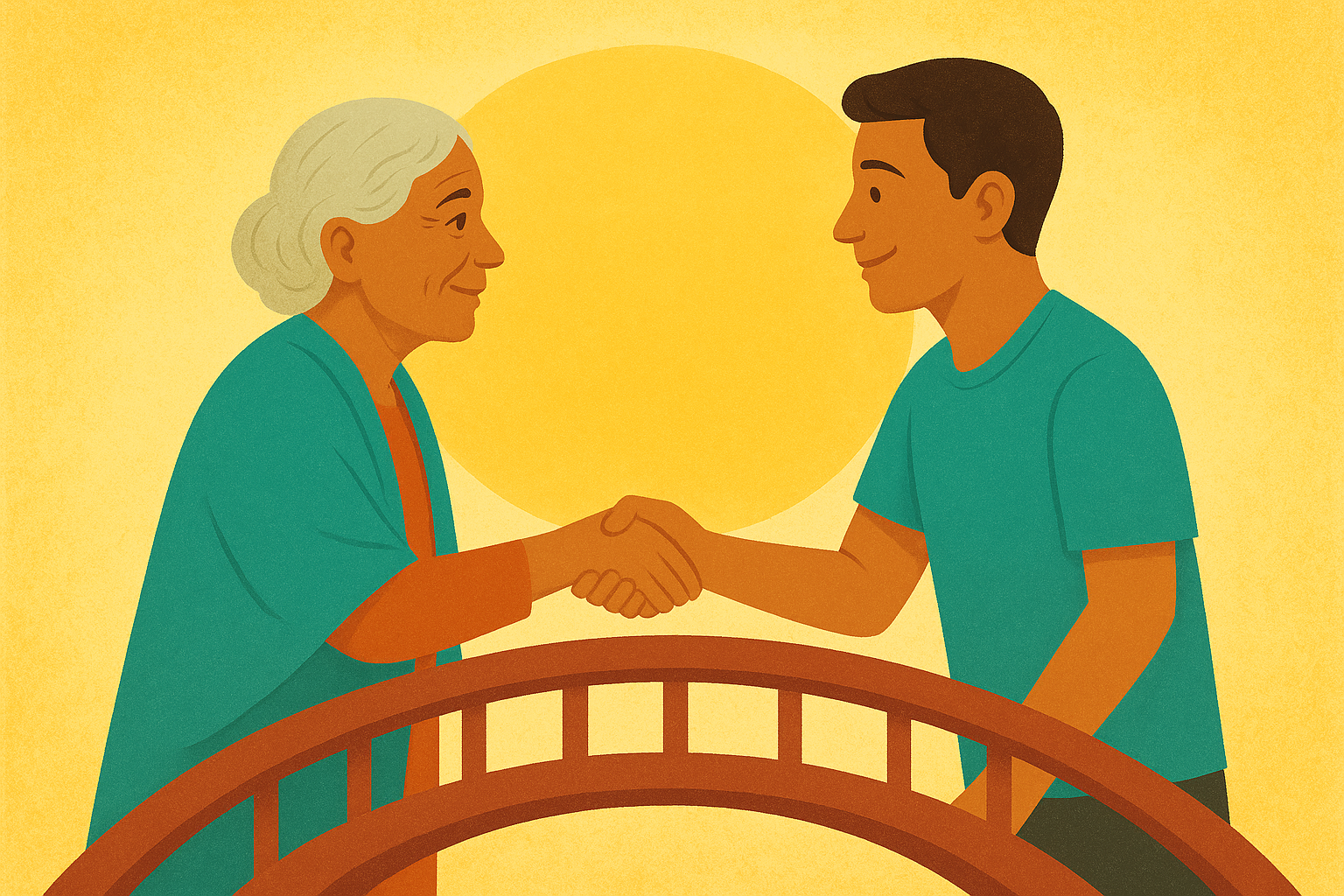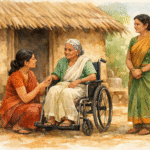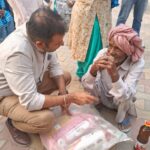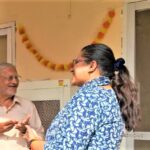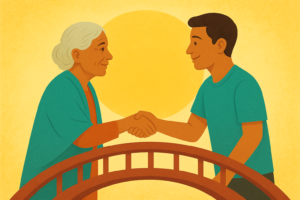In a world continuously reshaped by migration, digital transformation, and shifting social norms, the spaces between generations are widening even as the need for connection grows stronger. The India Intergenerational Bonding Report (INBO) 2025 by HelpAge India draws critical attention to this evolving social landscape, examining how bonds across ages shape emotional well-being, social cohesion, and the collective resilience of families and communities.
Through its findings — and the insights shared during HelpAge India’s recent webinar, “Building Bridges: Intergenerational Connections, Shaping the Future” — the conversation around ageing moves beyond demographic statistics to a more human, interdependent vision: one that sees ageing not as a solitary journey, but as a shared societal experience.
Reframing Ageing and Youth as Interdependent Forces
Opening the dialogue, Mr. Rohit Prasad, CEO of HelpAge India, emphasized that ageing must be understood alongside other global challenges such as artificial intelligence and climate change — as an issue that will fundamentally shape India’s social fabric. With the country’s 60+ population projected to double within the next 25 years, he called for “intentional intergenerational policies and programmes” that prevent social fragmentation and nurture solidarity.
Tracing HelpAge India’s long history of promoting such engagement — from the pioneering SAVE (Student Action for Value Education) programme to more recent initiatives like #GenerationsTogether — he highlighted the organization’s consistent belief that empathy between generations can be learned, practiced, and institutionalized.
As Ms. Anupama Datta, Head of Policy Research and Advocacy at HelpAge India and lead author of the INBO 2025 study, noted, “The complexity lies in strengthening the positives while consciously closing the gaps.” Her words underscored the nuanced reality that intergenerational relations are rarely static; they require ongoing negotiation, openness, and care.
Solidarity Across Social and Cultural Divides
Chairs Dr. K.R. Gangadharan and Prof. Rama Baru positioned the conversation within India’s broader demographic transitions and cultural shifts. They pointed to the subtle ways in which social perceptions — from attitudes toward traditional clothing to changing household structures — can create emotional distance between generations.
As Prof. Baru aptly observed, “Intergenerational solidarity is no longer about filial piety — it is about care.” This reframing invites us to see care not as a duty imposed by age hierarchies, but as a mutual practice of respect and understanding.
Insights from Global and National Voices
Across sessions, scholars and practitioners contributed perspectives that deepened this conceptual lens — weaving together evidence, empathy, and lived experience.
Dr. Julie Byles spoke of generativity, describing how older adults’ mentoring and caregiving can enhance their own sense of purpose and well-being. “Intergenerational relationships are mutual, multi-layered, and not one-directional,” she reminded.
Prof. Teddy Andrews underscored that youth in multigenerational families often report stronger emotional grounding — a testament to the guiding role elders can play. Yet, he added, “We must also engage the middle generation — parents — in these conversations.”
Dr. Neetu Batra drew attention to how caste, class, and gender shape elder care, calling for a shift from filial duty to collective responsibility. Her metaphor resonated deeply: “‘Roots’ stand for care and connection; ‘wings’ for independence and change — both must coexist.”
Dr. Nidhi Mishra emphasized that both older and younger generations recognize the gap and wish to bridge it. “Bridges are built when generations walk towards one another,” she reflected.
Dr. Saigita Chitturu framed intergenerational bonds as processes of co-creation, remarking that “these relationships aren’t just about passing the torch — they’re about co-creating light.”
Ms. Samia Akhter Khan examined loneliness as a product of unmet expectations of respect and reciprocity, noting that “reducing loneliness isn’t only about giving care — it’s about receiving understanding.”
Ms. Lateefat Odunuga proposed storytelling as an instrument of intergenerational healing, reminding that “storytelling is community care — a way to keep families connected, cultures alive, and wisdom flowing.”
Dr. Jo-Pei Tan posed a question that captured the heart of the dialogue: “What if the solution to youth isolation and adult loneliness was each other?”
Prof. Matt Kaplan offered a framework — the 5Rs of Intergenerational Practice (Roles, Relationships, Reciprocity, Recognition, and Responsiveness) — as guiding principles for embedding intergenerationality into education, policy, and community life.
From Family Duty to Shared Social Responsibility
A common thread across discussions was the call to reimagine care as a shared social responsibility. In an ageing society, familial love alone cannot shoulder the demands of care — public systems, communities, and workplaces must co-create spaces for mutual support and connection.
As Prof. Kavita Sivaramakrishnan observed, “Families alone cannot bear the burden — policy must evolve to meet the realities of ageing in India.” Her insight encapsulates a crucial shift in the discourse: ageing and youth development are not separate policy arenas but interconnected social priorities.
Conclusion: Towards a More Connected Future
The INBO 2025 findings and the Building Bridges dialogue together illuminate a hopeful trajectory for the global ageing narrative — one that replaces separation with solidarity and hierarchy with reciprocity.
Ageing, when seen through an intergenerational lens, becomes not an endpoint but a shared continuum of growth, care, and creativity. As Dr. Jo-Pei Tan beautifully articulated, “Care is no longer linear — it is circular, creative, and deeply cross-generational.”
To reimagine ageing, then, is to reimagine belonging — across ages, across lives, and across time.
Dr. Khaling Ngamphundar
Research Associate, HelpAge India
To watch the full webinar, visit: https://www.youtube.com/live/u1kZN3ez3VE?si=KI0-J60mCcvPHG9C


